Voices of the Grain Trade
Our volunteer interview teams in Thunder Bay and Winnipeg did their best to collect voices reflecting all major facets of Canada's international grain trade. As a result, you will find interviews with farmers, researchers, plant breeders, company owners, and railway employees blended in with the stories of grain handlers, inspectors, lake shippers, regulators, builders, marketers, and many more. Our voices are spread from Quebec City to Victoria, with the highest concentrations being from Thunder Bay and Winnipeg.
Through Library and Archives Canada's Documentary Heritage Communities Program, Friends of Grain Elevators has now been able to transcribe and upload all Voices interviews to this website and to Lakehead University's archives. If you have any questions or comments about the collection, please contact us with your thoughts!
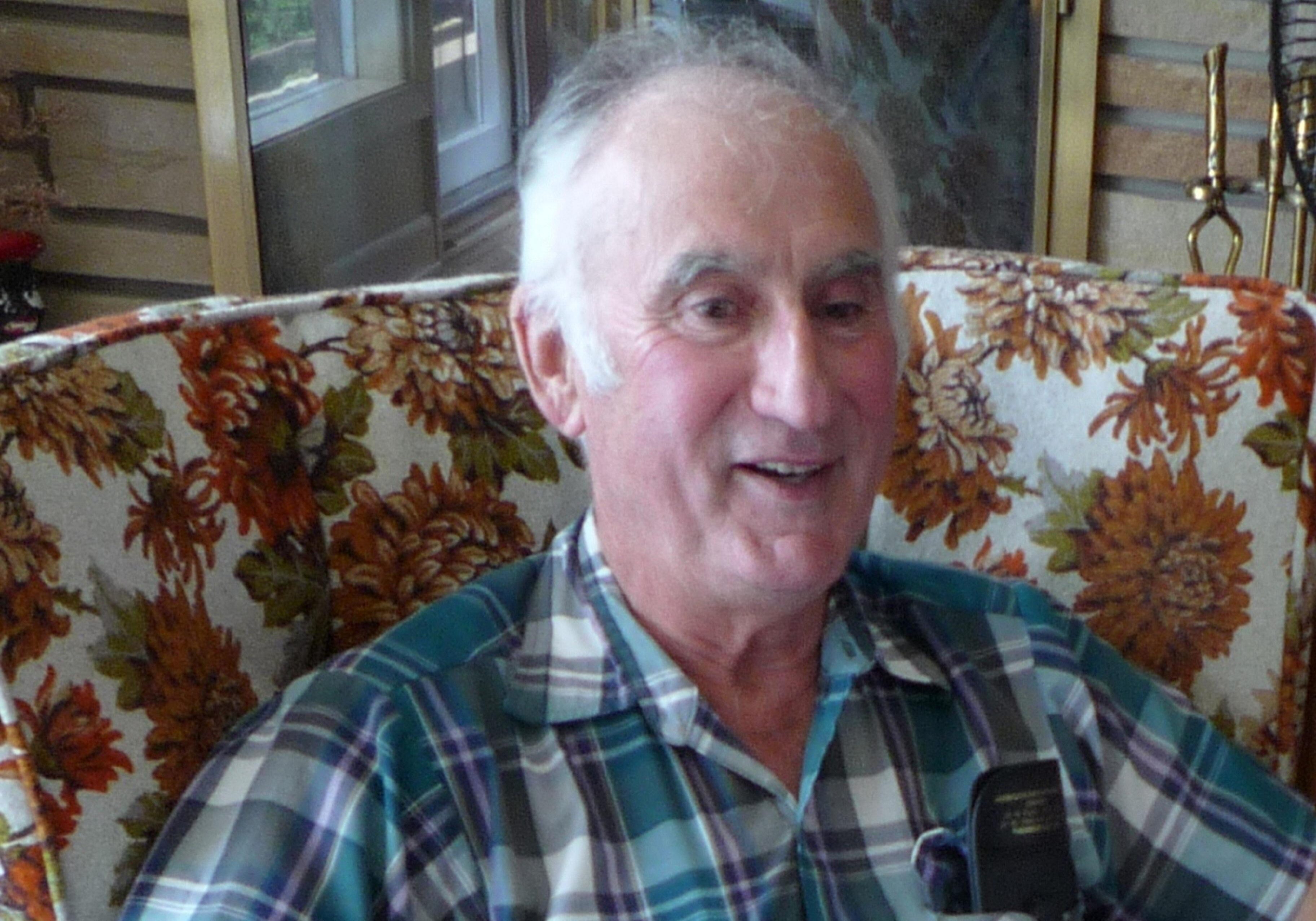
Gene Onchulenko
Elevator Labourer: Saskatchewan Wheat Pool
Gene Onchulenko starts the interview off explaining some childhood stories from Thunder Bay. He went to school at Ryerson, and came back to work in the grain elevators - starting out by shovelling cars in Sask Wheat Pool 9. Gene gives quite a bit of praise to the foremen he worked with - some of them that he worked with were very good at their jobs in his opinion. He speaks to the work culture, as well as the day to day life - and also tells some interesting, and surprising stories.
Snippet
Full Interview
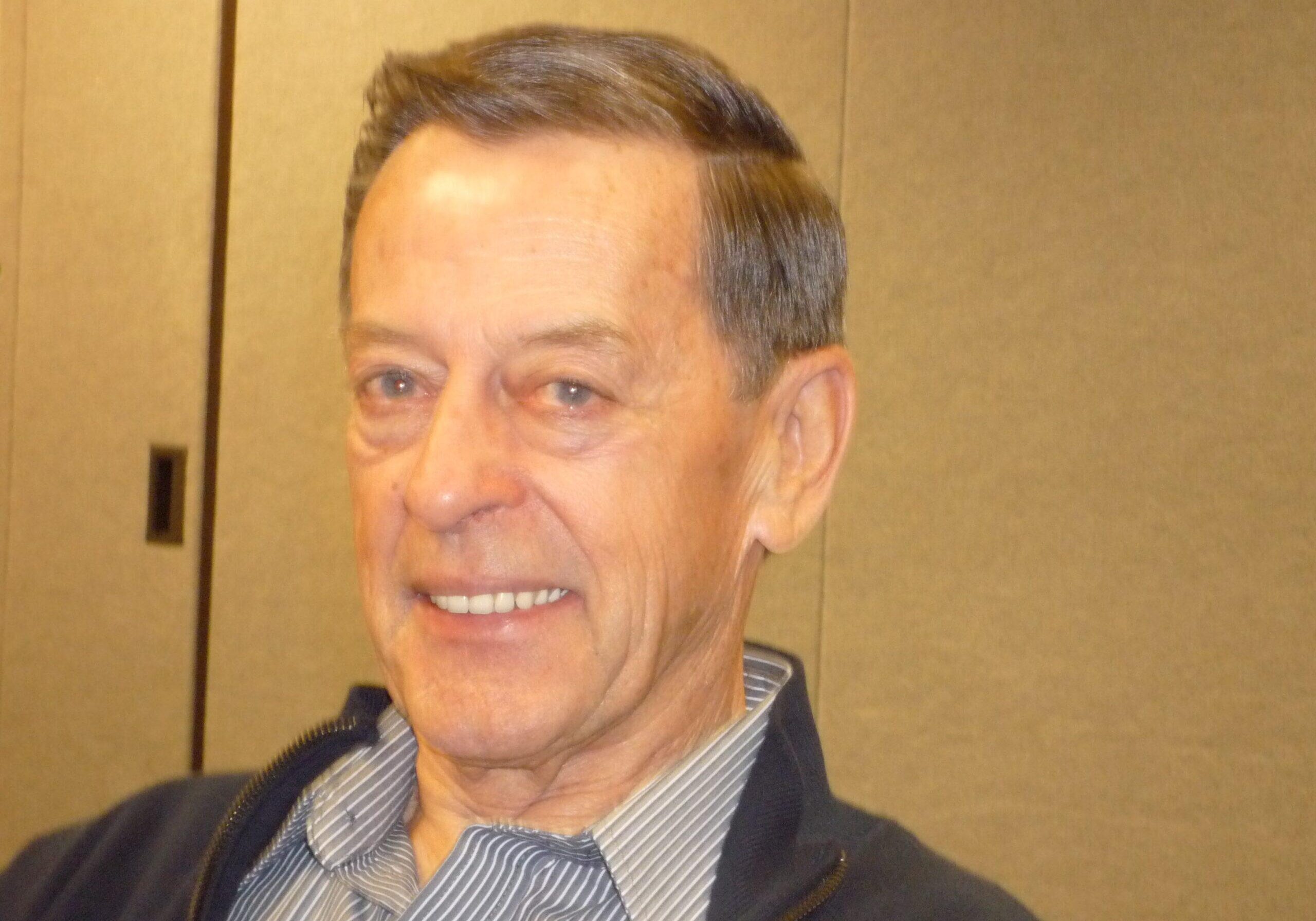
Renald Parent
Owner/Operator: Parent Seed Farms Ltd.
Renald Parent grew up on grain farm, but not in the traditional sense. His family began grain farming during the Great Depression, but as times got harder, they transitioned their operation into a more lucrative - but more risky - seed growing farm. Renald describes the seasonal steps of the work, the anxiety that comes with official seed inspections, and the constant testing of new seed varieties. As the business grew, the Parent Seed Farm eventually became a huge local employer, and their seeds found their way beyond farmers in their direct neighbourhood to 34 different countries around the world. Renald's interview is available in both English and French.
Snippet
Full Interview
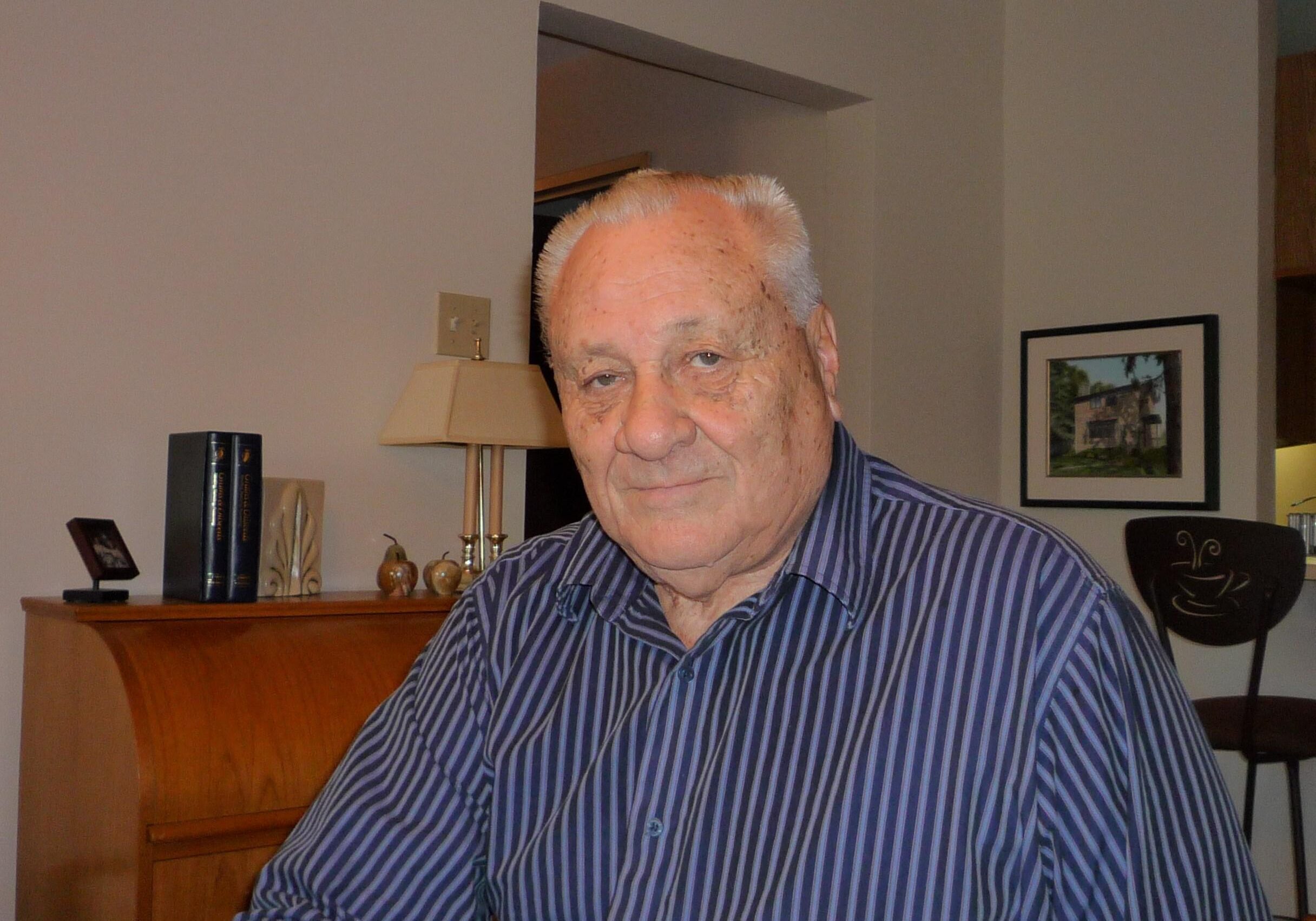
William Parrish
Owner: Parrish & Heimbecker
William Parrish, Sr. is the co-owner of Parrish & Heimbecker. He describes the history of the company, as he has experienced a great deal of its growth of change. He speaks to the rise and fall of the grain trade in the 70s and 80s - the mass construction followed by the collapse. Mr. Parrish explains how he would decide where to build, expand, or shut down elevators. He even describes the initial resistance to concrete elevators and his determination, that eventually paid off, to construct them. William is quite proud of the longevity of his company, especially considering it is co-owned by two families. It has existed for over 100 years!
Snippet
Full Interview
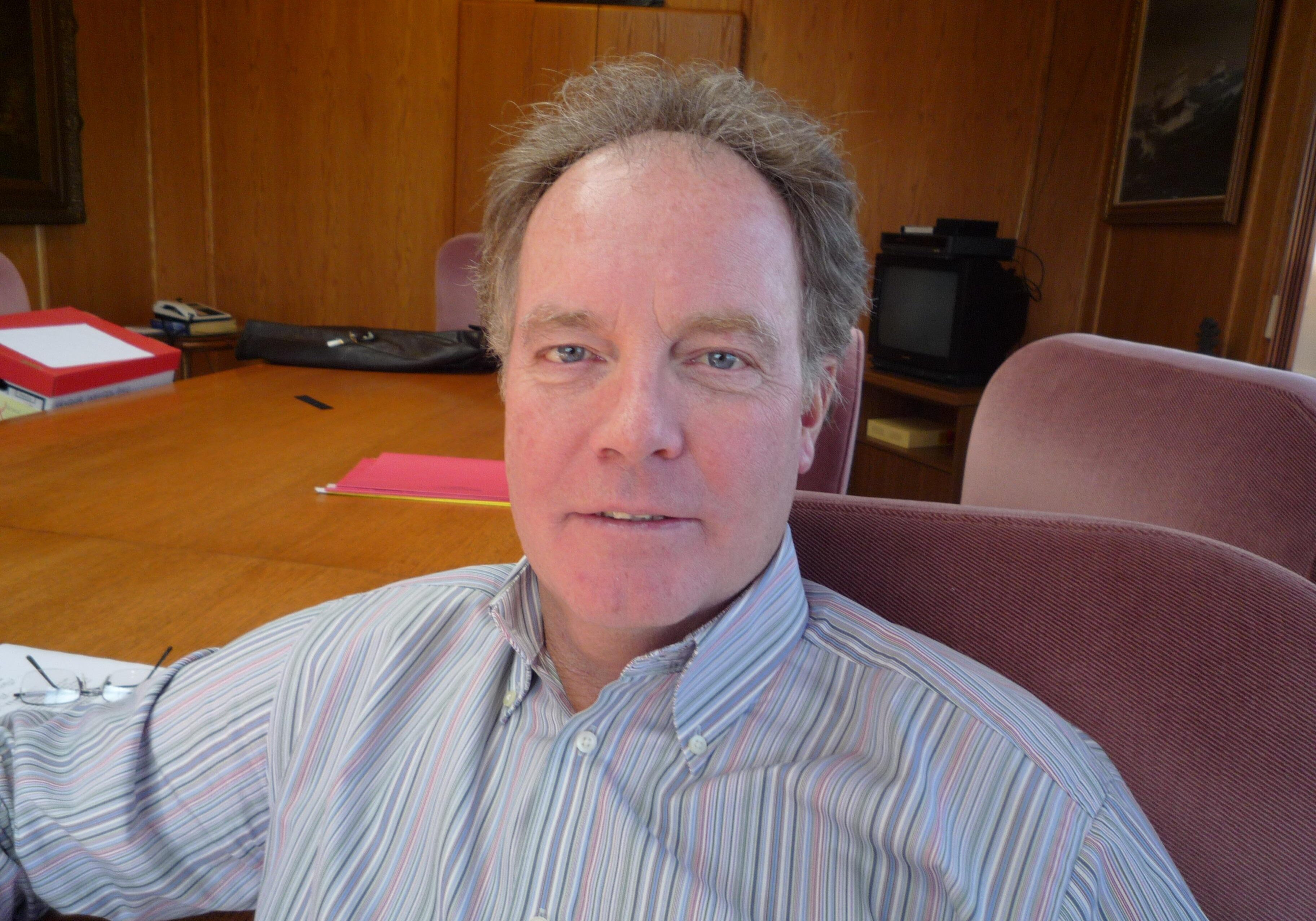
Robert Paterson
CEO: Paterson Marine Division
Robert Paterson is the grandson of the late Senator N.M. Paterson who founded his grain and shipping company in Fort William in 1908. Robert joined the family business in 1971, starting out as an office boy and eventually becoming the CEO of the company’s marine division. In this interview, Robert discusses the day-to-day operations of a shipping company on the Great Lakes, the importance of building and maintaining customer relations at home and abroad, and the unfortunate combination of circumstances that sealed the fate of the shipping division.
Snippet
Full Interview
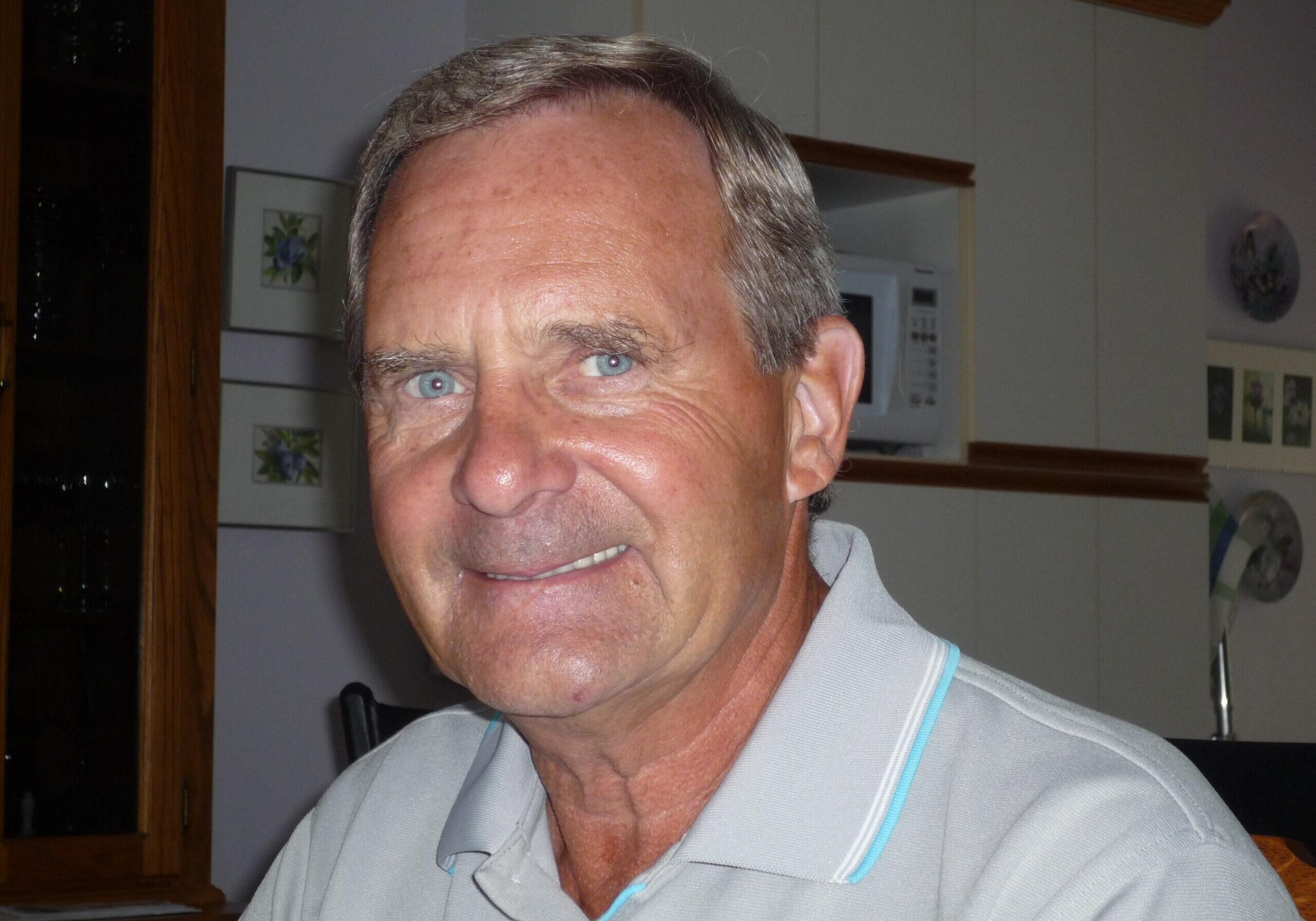
Barry Pauluk
Sheet Metal Worker, General Foreman: Day Company of Canada
Barry Pauluk worked in sheet metal for the Day Company of Canada on grain elevator related projects both in Thunder Bay and on the West Coast. Due to the abrasiveness of grain moving across metal, Barry and his colleagues were constantly manufacturing spouting and bucket elevators, or manufacturing new products like dust control equipment. As Barry moved up into management within the company, he also moved on to more advanced projects, like reconfiguring the Cascadia Elevator in Vancouver and supervising the builds of four country elevators. Barry highlights the grain industry's critical role in Thunder Bay's history and its far reach into other tangential industries. At the end of his interview, he provides a commentary on some grain-related photographs.
Snippet
Full Interview
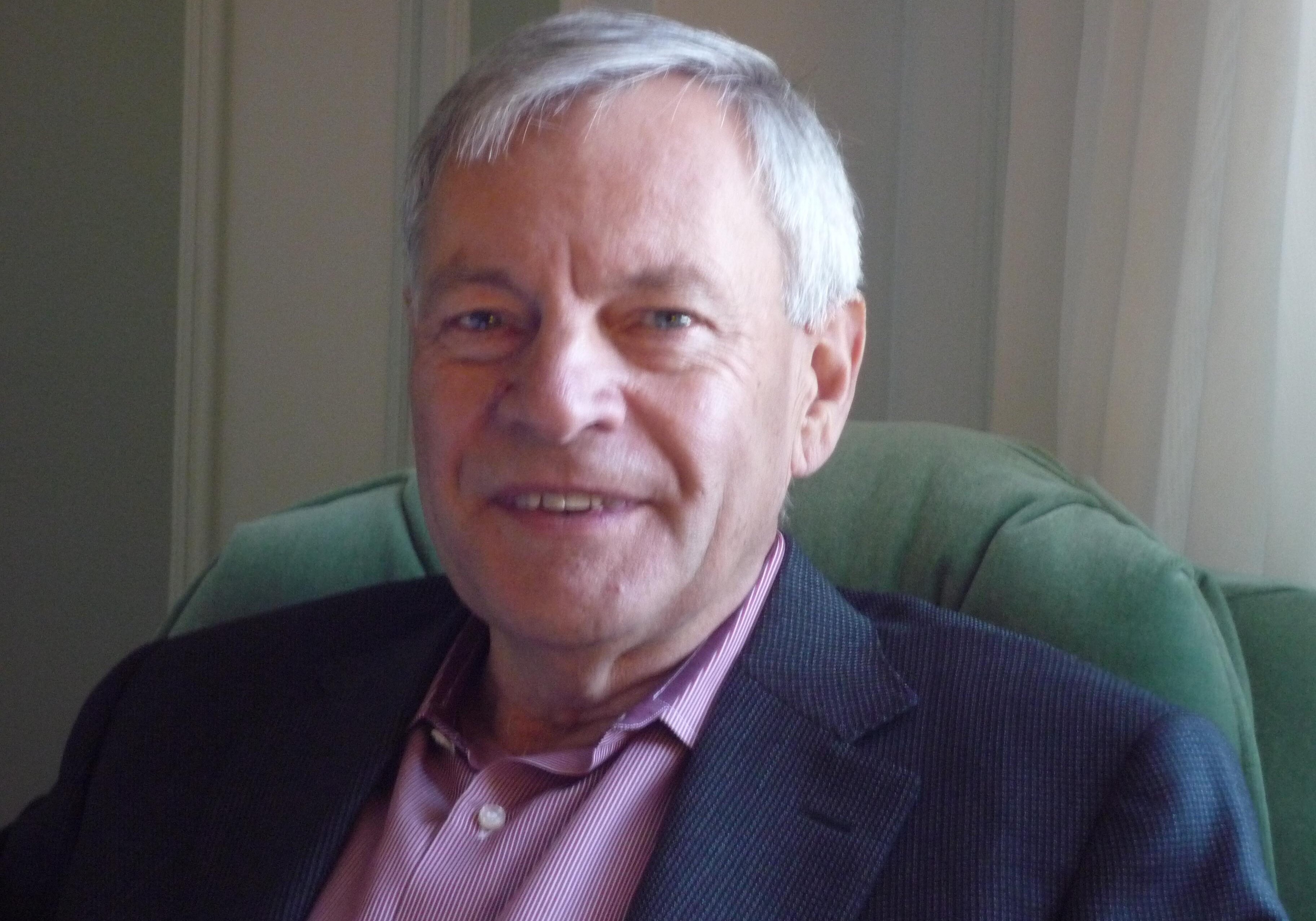
Len Penner
Farmer, President: Cargill
Len Penner started working on farms at a young age, and with that experience got a degree in agriculture with a major in animal science. His education took him to the position of President of Cargill Canada, where he worked for 38 years before retiring in 1975. He discusses his early life on the farm and the risk involved with working in that industry. However, he says that he learned the most about agriculture in school. Working for Cargill, Len ended up in various different cities across Canada. Because of this, he explains the difference between markets and operating systems in various cities, as well as the difference between the Thunder Bay and Duluth systems.
Snippet
Full Interview

Gino Perri
Grain Labourer: Manitoba Pool Elevators
Gino Perri only expected to be in Canada for a few years to make enough money to take back home to Italy, but he decided to stay and make a life in Thunder Bay. After a string of different jobs, Gino hired on at Pool 3 working in the car shed on a workforce filled with fellow immigrants. Gino transferred to Pool 1, where he worked in different departments from the tunnels to the annex. He discusses the social activities he was involved with related to the grain elevators, as well as some specifically for Thunder Bay's Italian community. Gino shares many stories of his family and life back in Italy, which he visited as often as he could, and he expresses his pride in the life he built in Thunder Bay as a grain handler.
Snippet
Full Interview
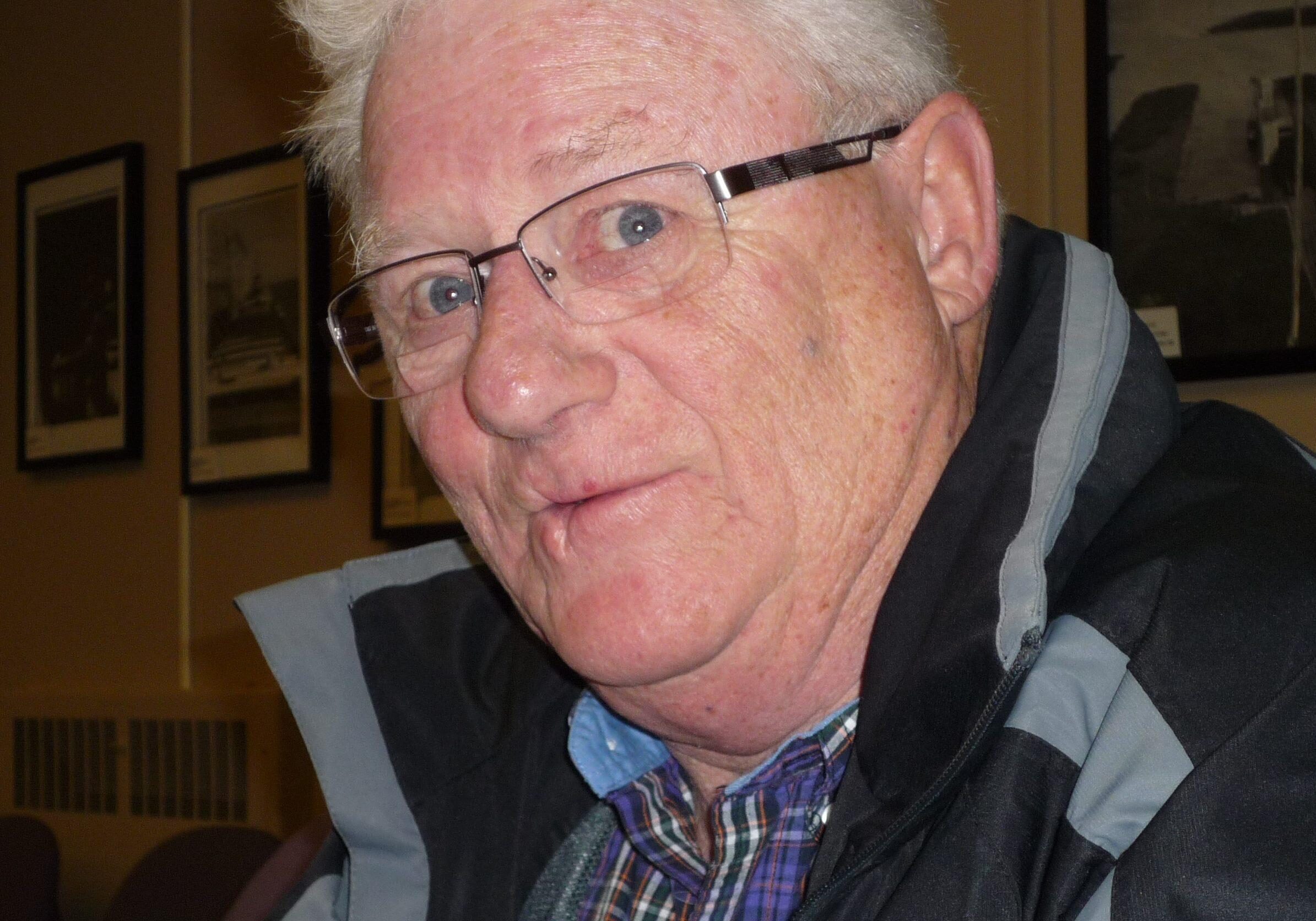
Thomas Polhill
Manager: Parrish & Heimbecker
Thomas Polhill worked in various positions for Parrish & Heimbecker for 35 years until retiring as manager. He speaks to the company and gives praise to Bill Parrish. Thomas gives a raw explanation of work in the grain elevators, speaking about topics such as closing elevators, employees being inefficient, and drinking on the job in a genuine manner. Mr. Polhill is comfortable sharing his opinion on the bad sides of the elevator - and the good sides - and he paints a useful picture of the many changes the elevators faced. He also has many interesting stories, such as what happened when the dock at P&H closed, or the time an employee intentionally sabotaged equipment.
Snippet
Full Interview
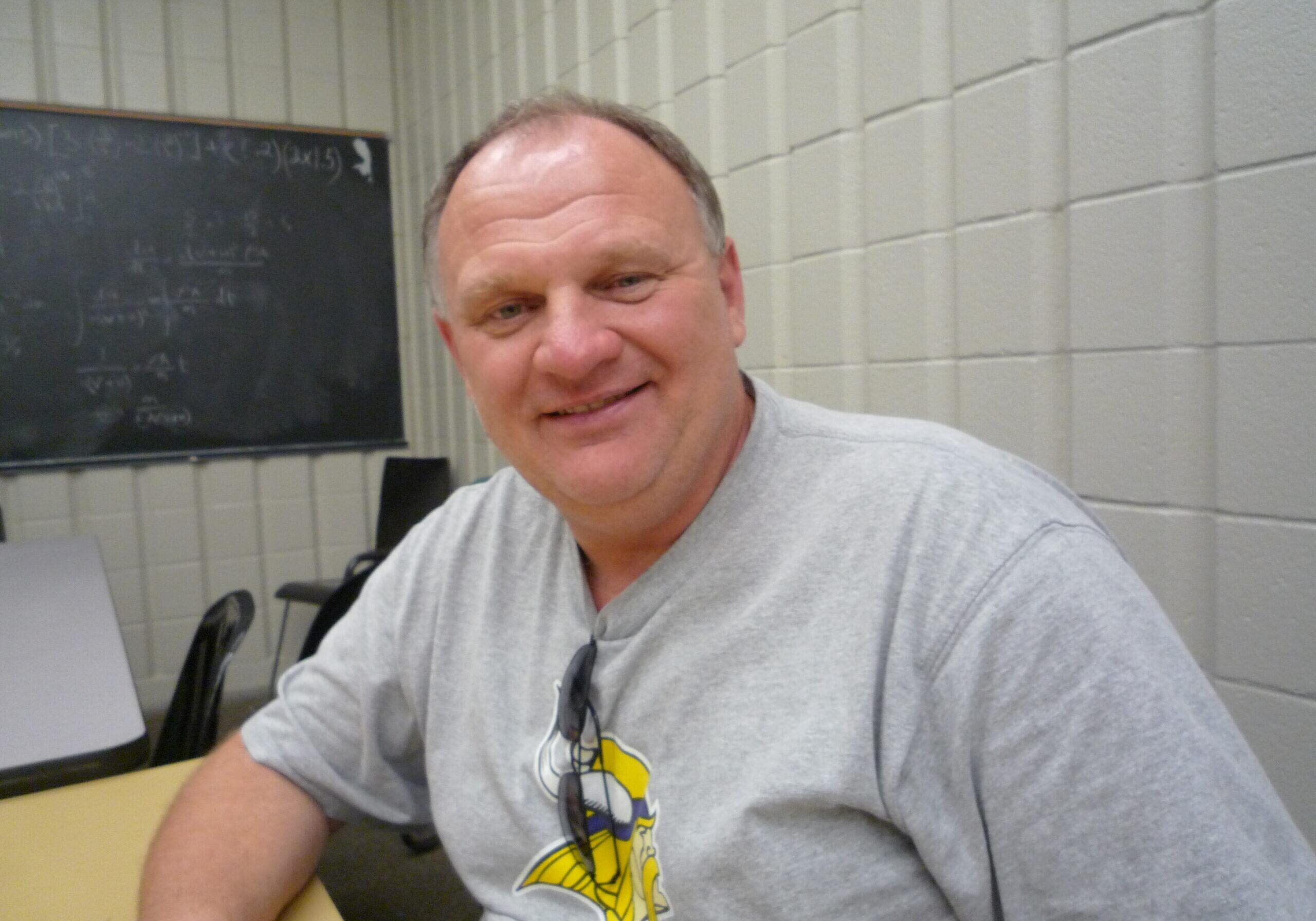
Stan Polowski
Grain Labourer: United Grain Growers
Stan Polowski worked in UGG A for six years as a young man in many different departments. Stan takes the listener through the floors of the elevator, describing the different work responsibilities and equipment used for each grain handling task. Although Stan's time in the grain industry was relatively short, he saw several changes, particularly the computerization of UGG A's sister elevator, UGG M. Stan looks back fondly on the close-knit community of elevator workers on the job, and he shares a poem he wrote about Thunder Bay's grain trade achievements.
Snippet
Full Interview

Maurice Poluyko
Grain Door Department Foreman: Canadian Pacific Railway
Maurice Poluyko worked for 38 years in the CPR's grain door department, eventually becoming foreman of the group. Maurice explains what grain doors were used for on boxcars, how they were attached and torn off, their dimensions, and what was done with the damaged and undamaged boards - both officially and unofficially. As a foreman, Maurice recalls happy memories of biking or driving around the waterfront, visiting his crews at the different elevators. Maurice recalls the major changes to the grain door department as it began to be phased out, first when the railway started using the difficult to remove cardboard doors, and then when they starting using hopper cars instead of boxcars.
Snippet
Full Interview
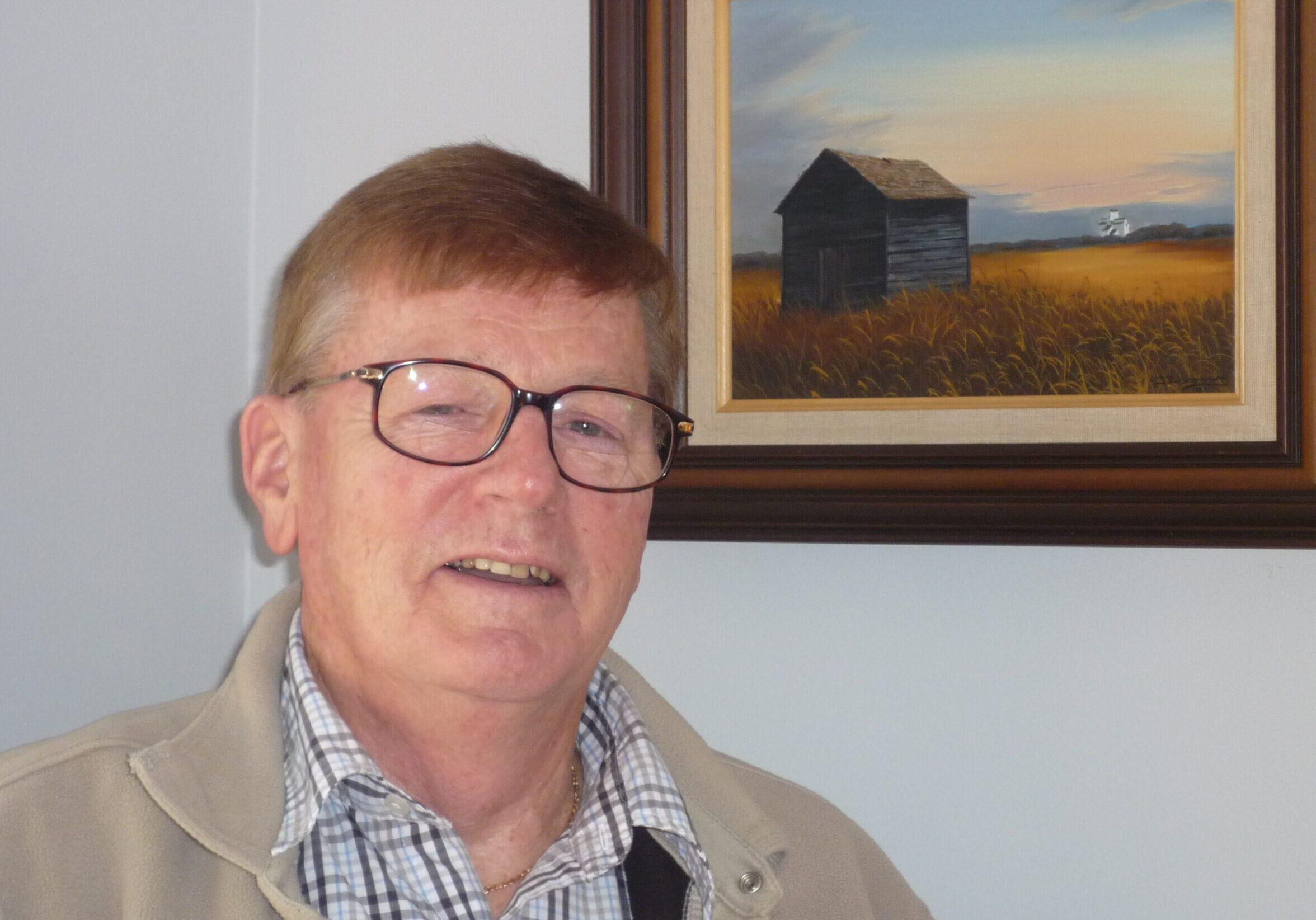
Jim Poole
Manager of Area Representatives: United Grain Growers, Canadian Wheat Board
Jim Poole's career in the Canadian grain industry took him all across the Prairies. His first grain-related job was as a field representative for United Grain Growers, where he met with farmers and elevator managers to discuss policy and operations issues. As an employee of UGG, Jim worked in numerous roles, from R&D and technical services to human resources and even construction supervision. Jim's later responsibility of managing UGG's field representatives gave him the experience needed to move into a similar role with the Canadian Wheat Board, where he worked to change the perception of CWB reps from “policeman” to “spokesperson and problem solver.”
Snippet
Full Interview
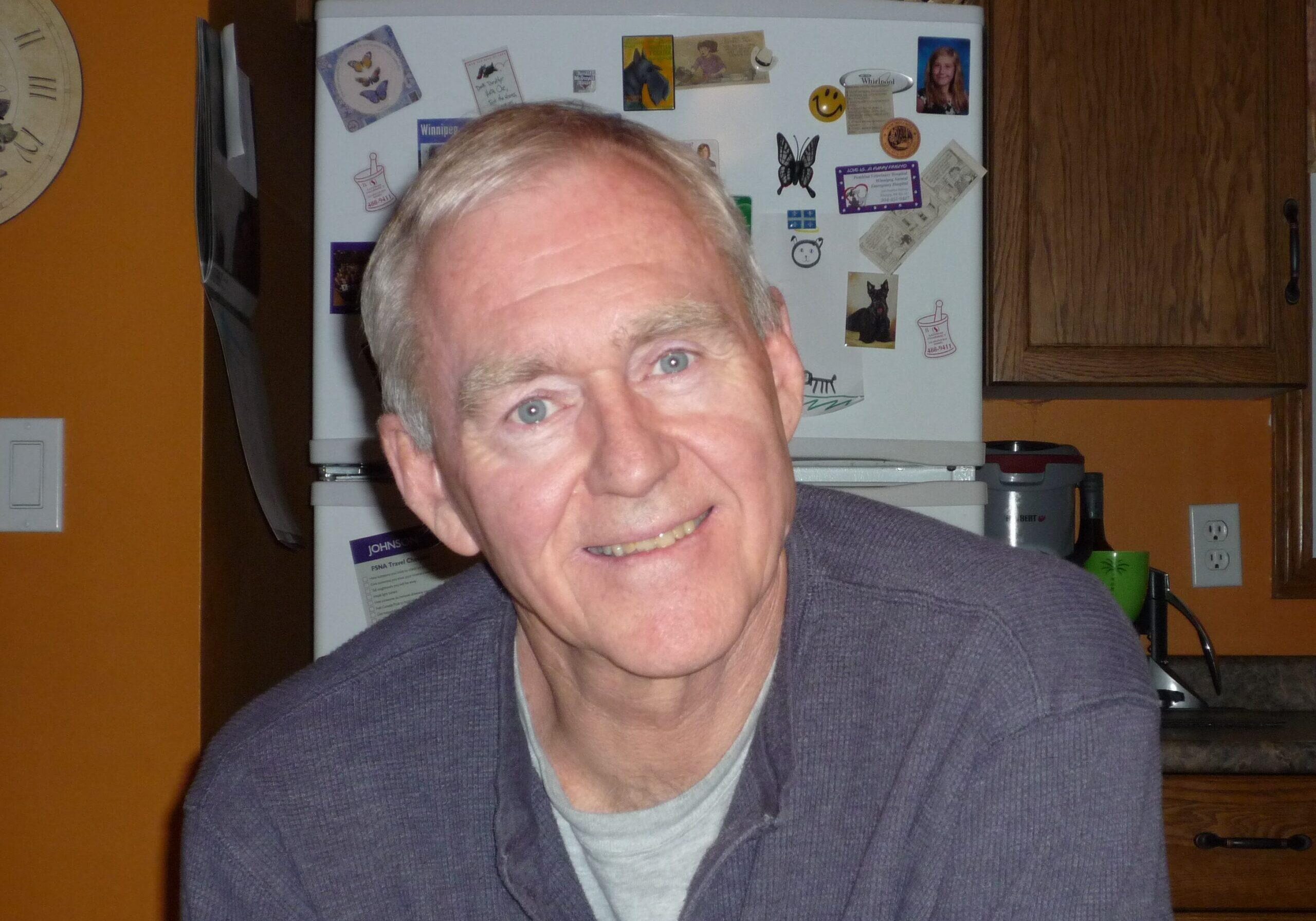
Dennis Portman
Vice President of Transportation Logistics: Canadian Wheat Board
Dennis Portman started his career in the grain industry in the Thunder Bay terminal elevators for Manitoba Pool, where he quickly moved up from the cleaner deck to a foreman position. Dennis left the waterfront for the Prairies when he transferred to rail transportation logistics, working on railcar supply and allocation. Feeling stuck in a role with no advancement, Dennis then made the leap to the Canadian Wheat Board's transportation division, where he was put in charge of rail block shipping operations for 11 years. Dennis's advancement in the organization soon brought him into contact with lake shipping and terminal coordination for grain movement through the east, putting all the pieces of the grain puzzle together for smooth exports around the world. Dennis's interactions with most major pieces and players in the industry give him terrific insight into the present and future of the Canadian grain trade.
Snippet
Full Interview
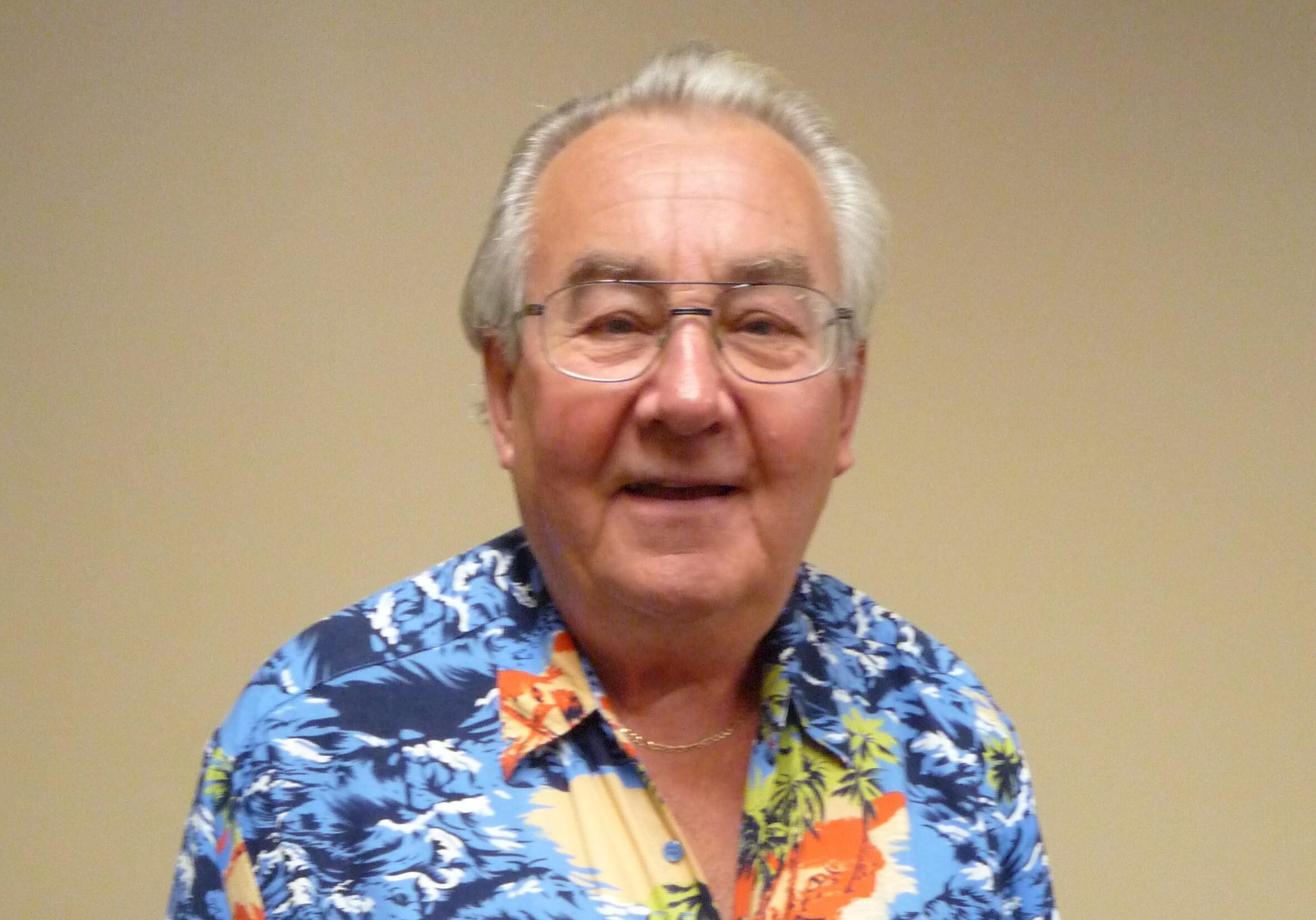
Gene Prystay
General Manager: Parrish & Heimbecker
Gene Prystay's grain career spanned both land and water. Gene started out in the engine room of lake ships on the Great Lakes around the time of the opening of the Seaway. He moved into the Seafarers International Union as a steward, advancing all the way to vice president of the Upper Great Lakes region. Gene's time in the union was riddled with hostility, as the SIU battled with another shipping union, as well as its own internal issues. Getting out of the union and shipping altogether, Gene hired on at P&H as a general labourer in the car shed, eventually becoming general manager of the whole operation. Gene shares many stories from his elevator career, like working under the charismatic Bill Parrish and weathering a dock collapse and shipping complications. As a smaller operation, Gene was in constant conversation with other elevators and organizations on the waterfront, keeping the little P&H elevator running smoothly through to his retirement.
Snippet
Full Interview

Don Puttkemery
General Manager: Parrish & Heimbecker
Former stationary engineer for Ontario Hydro Don Puttkemery discusses a project he spearheaded to save the historic steam engine from the Empire Elevator before its demolition. He describes the process of dismantling the engine, tearing down the Empire’s engine house, and moving the engine parts to the Ontario Hydro generating station. Don's dream is to one day see the steam engine on display for the Thunder Bay community to understand an important piece of their history. In his interview, Don also comments on historical documents and photos of the steam engine.
Snippet
Full Interview
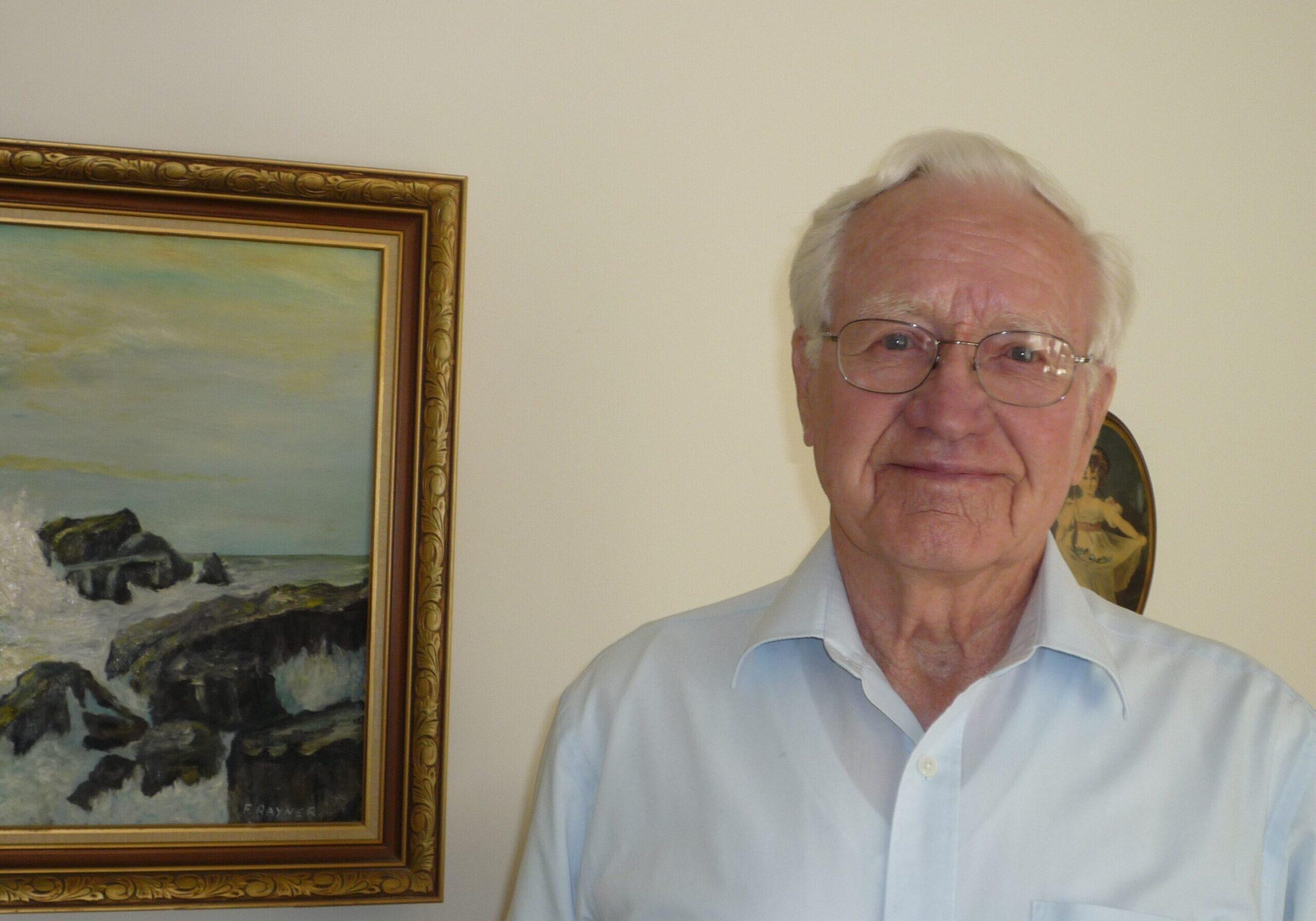
Larry Rayner
Director of Economics: Canadian Grain Commission
After his service in the Canadian Air Force during the Second World War, Larry Rayner returned to Canada and headed up the Department of Agriculture's crop insurance division. Larry then moved into the Canadian Grain Commission as Director of Economics, overseeing market research, grain statistics, elevator licensing, elevator audits, and grain accounting. Another one of Larry's major responsibilities was staying up to date with all goings on in the grain industry through meeting with farmers, grain and rail company executives, and other major organizations. He also shares the CGC's role is spreading the information it gathered to people in the industry through weekly bulletins. Through his constant interactions with all major organizations in the industry, Larry is able to comment on the different personalities of the western Canadian provinces and the evolving attitudes of Canadian farmers.
Snippet
Full Interview
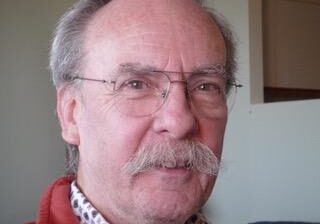
Bill Reist
Civil Engineer: C.D. Howe Company
Bill Reist graduated as a Civil Engineer from McMaster University. He was employed by the C.D. Howe Engineering Company from 1964 until 2001. Bill’s work with C.D. Howe included various repair and improvement projects for many Thunder Bay elevators as well as design and on-site supervision of new elevator construction at various North American locations. His expertise included slipform construction and marine structures design. In Thunder Bay, he designed and supervised dock revetment renewals and foundation stabilization at several elevators across the waterfront. He designed and supervised construction of two pelletizing mills: one at SWP 7A and another at UGG A. In this interview, Bill goes in-depth about the challenges involved in building an elevator and the logistics of construction.
Snippet
Full Interview
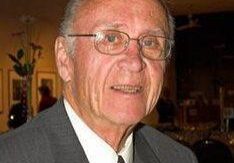
George Richardson
Owner: Richardson International
Being born into an iconic Canadian grain family didn’t guarantee George a successful career in the industry, but his abilities, willingness to learn, and innovative thinking did. In this wide-reaching interview, the listener will find stories of his family’s early years in the trade, George’s own experience with terminal elevator work, ship-building negotiations, pelletization innovation, and even the story behind the gamble to rebrand Richardson elevators with startling new colours. Mr. Richardson talks of his company’s many firsts in the industry including the first all-Canadian route shipment of western grain through Thunder Bay and the ground-breaking sale of wheat to China - formalized only with a handshake.
Snippet
Full Interview
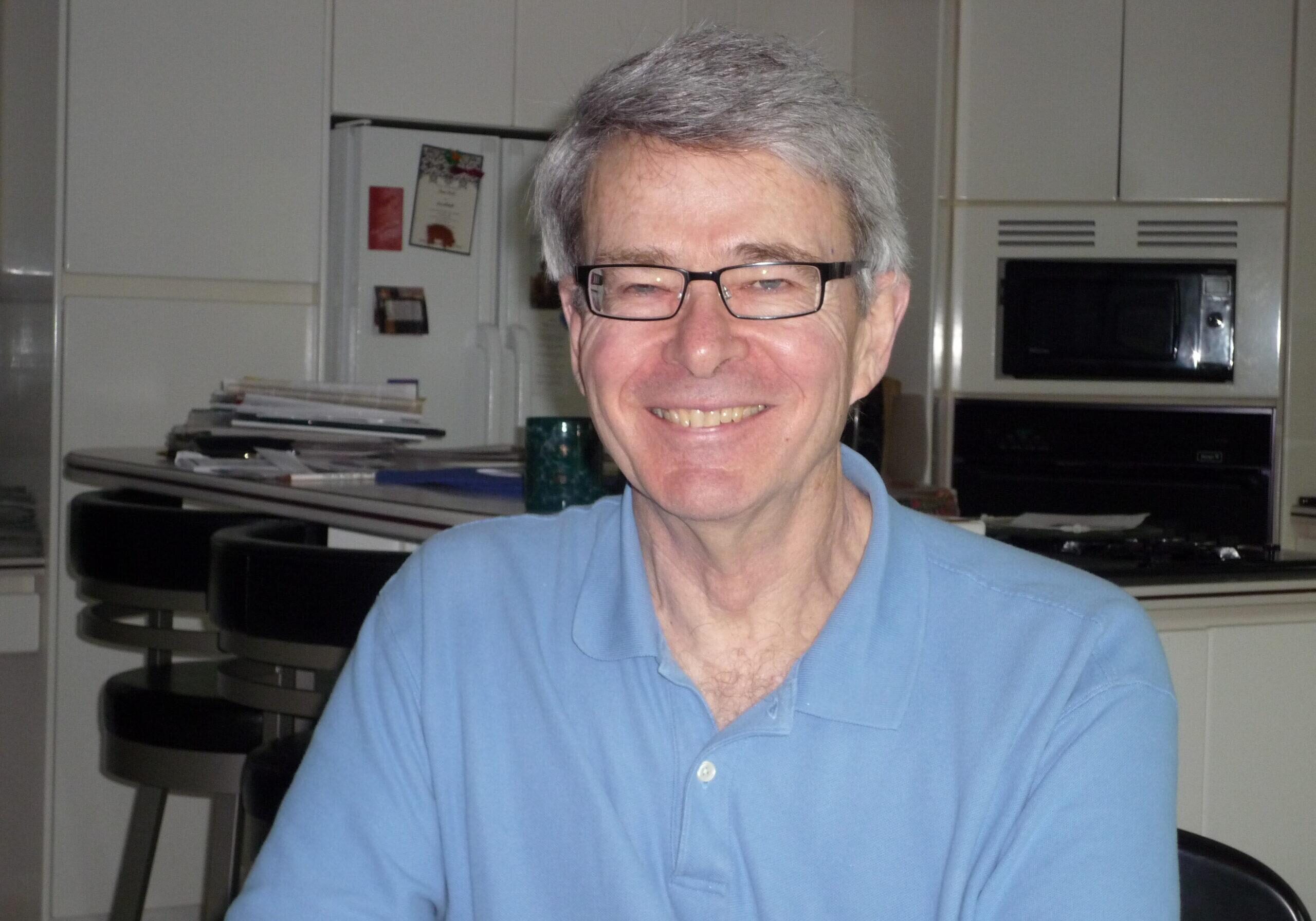
Dale Riddell
Director of Corporate Affairs: Alberta Wheat Pool
Dale Riddell started his career with Alberta Wheat Pool as the organization's one-man advertising team. He grew the department and moved on to become corporate secretary and director of corporate affairs, coordinating and planning the Pool's monthly board meetings and large annual meeting. Dale recalls the key issues from these meetings over the years, like the Crow Rate debate, divided opinions on the Wheat Board, company amalgamations, and the growth of farm operations. Along with Dale's commentary on the modern Wheat Pool, he also has an interest in the Pool's history. Dale tells the story from the very beginning when the idea for a Canadian wheat pool was planted by a visitor from California.